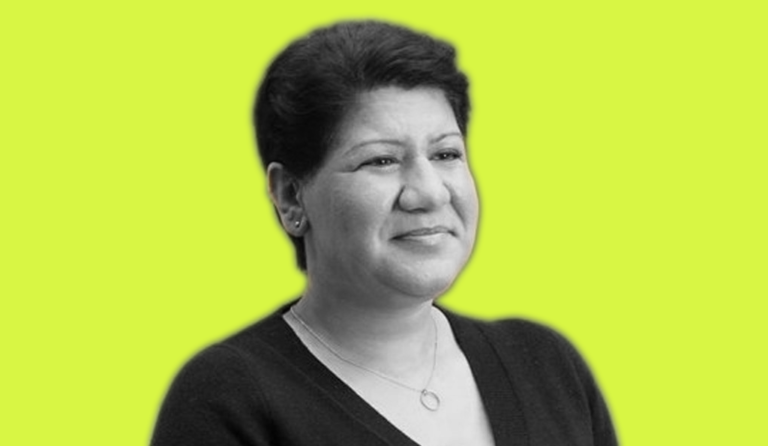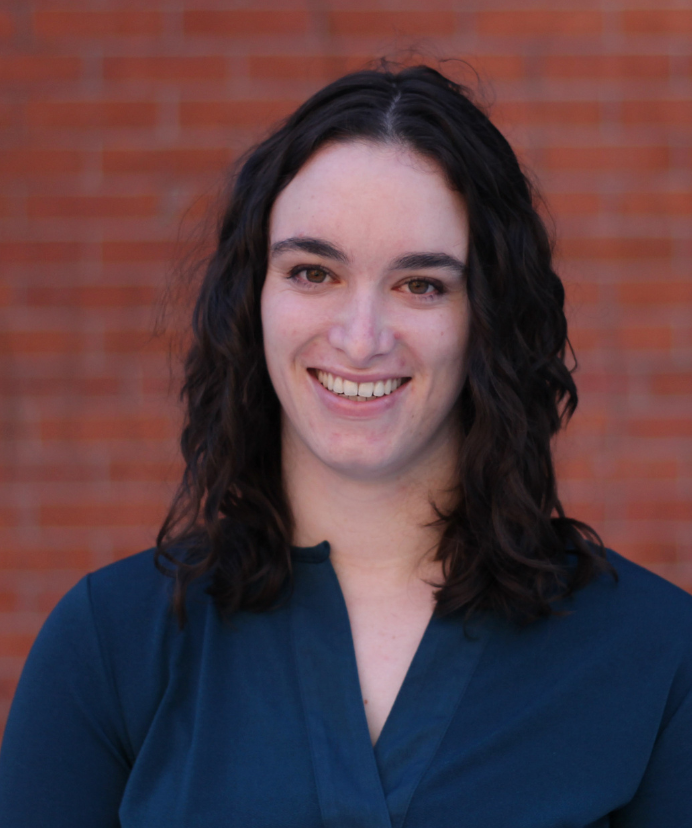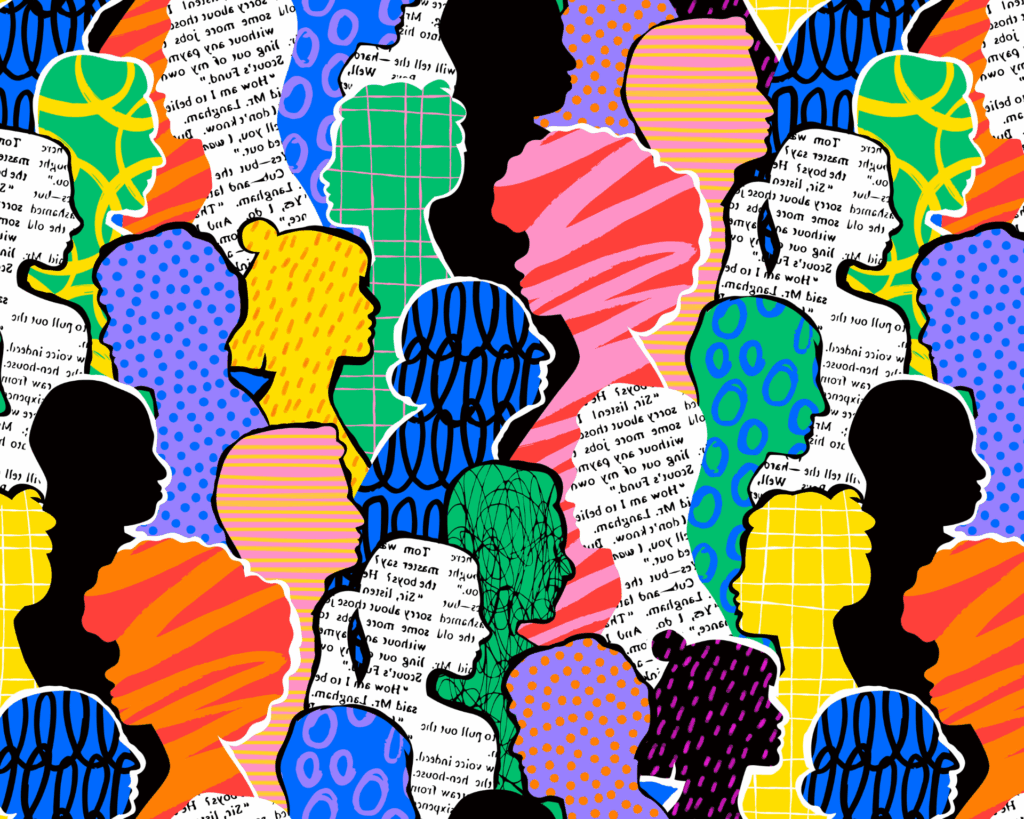Arjumand Siddiqi
Dr. Arjumand Siddiqi, professor of epidemiology at the University of Toronto, discusses the caveats of health equity and what needs to be prioritized.

Read Time: 4 minutes
Published:
Arjumand Siddiqi is a social epidemiologist and professor of epidemiology at the University of Toronto. She is the division head of epidemiology and is the Canada Research Chair in Population Health Equity. Here, she shares about the caveats of health equity and what needs to be prioritized.
Public Health Post: You have done work on both inequalities and social policy. How have you been able to inform policy change through your work? What have you learned to be a productive strategy when challenging systems?
Arjumand Siddiqi: The part that is most in a researcher’s control is engaging the public by writing for public outlets and explaining what patterns your field is seeing. Presumably if the public starts taking those ideas up, it can shift the political discourse. Direct policy change and policy influence is much tougher. It usually happens when I find myself in a situation where there’s a moment in time to influence policy makers. I worry that when we work with policy makers on research, you can start to compromise your scientific independence, and I worry about the influence of political processes on science and what the conclusions of science are.
You do work in both the US and Canada. What have you found to be major differences between the two places especially in population health trends, and what can we learn from those differences?
What we found for many, many years is that if you compare countries around the world, the US and Canada are not doing as well as other high-income countries. But if you zoom in on Canada and the US, what you see is that Canada has a life expectancy advantage over the US. It also has, for the most part, smaller health inequalities than the US. This has been a longstanding pattern, dating back to maybe the ’80s. There’s been a health advantage for Canada even though the US is much richer. What’s going on is that the fundamental social determinants of health are better in Canada.
You’ve done some work on early childhood. Can you talk a little bit about how that developmental stage is especially important for health disparities?
What the science is finding is that the early years are a really big deal for biological and brain development. Kids who have differences in their environments very early on tend to go on to have very different life course health trajectories. The one caveat is when this early childhood finding gets taken as a sign that we shouldn’t invest in other, later parts of the life course.
Have you found there to be a disconnect between people that are willing to put resources into early childhood development and education, but being unwilling to address the racial inequities that are causing a lot of it in the first place?
There is a sense that early childhood education should be universal, so it’s not necessarily that we’re demonizing black children in that conversation. But we’re not sufficiently attending to the fact that there is a racialization of the conversation about older kids. The reason that we don’t spend a lot of time saying we should invest in those later years is not just because we think the early childhood period is important, it is, but it’s also because there’s some racialization happening in terms of whether we should invest effectively in black boys.
What do you think should be prioritized in order to progress towards a more equitable society?
I would put priority on what separates us the most and gives some people more control over their lives than others, and that is access to capital. The thing that differentiates the lives of people who are healthy and who do well and get to live lives that they dictate, the thing that they have that other people tend not to have or have little of, is wealth. If you look at the major source of wealth differences between races, for whites and blacks in the US, the major source isn’t your income; it’s how much money you inherited from your parents or your grandparents. That changes your life trajectory. It changes how much stress you deal with. It changes the world of opportunities that you have before you.
Photo courtesy of Arjumand Siddiqi



